Best 4 Energy Drinks for marathoners + when to use them
There's a lot of discussion about energy drinks in the sports realm and particularly in the field of running.
Some could never run another step without their sports drink while others have no faith in them at all.
So what's the scoop?
To use or not to use?
When? Where? Why?
Which ones are scams?
Which ones are the real deal?
Let's break it all down on this page!
We will discuss:
- What exactly an energy drink is
- how they are important for you as a runner or especially a marathon runner
- What is hyponatremia
- How often they should be used
- when they are not needed
- what they should include
- the best energy drink recommendations for long distance runners
- some sports drinks to avoid
Want the free cheat sheet?
Get the condensed cheat sheet of the best energy drinks for runners + the energy drink formula to help you find the best one for yourself, preferences and running distance!
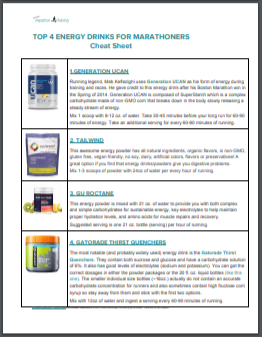
What Exactly is an "Energy/Sports" Drink?
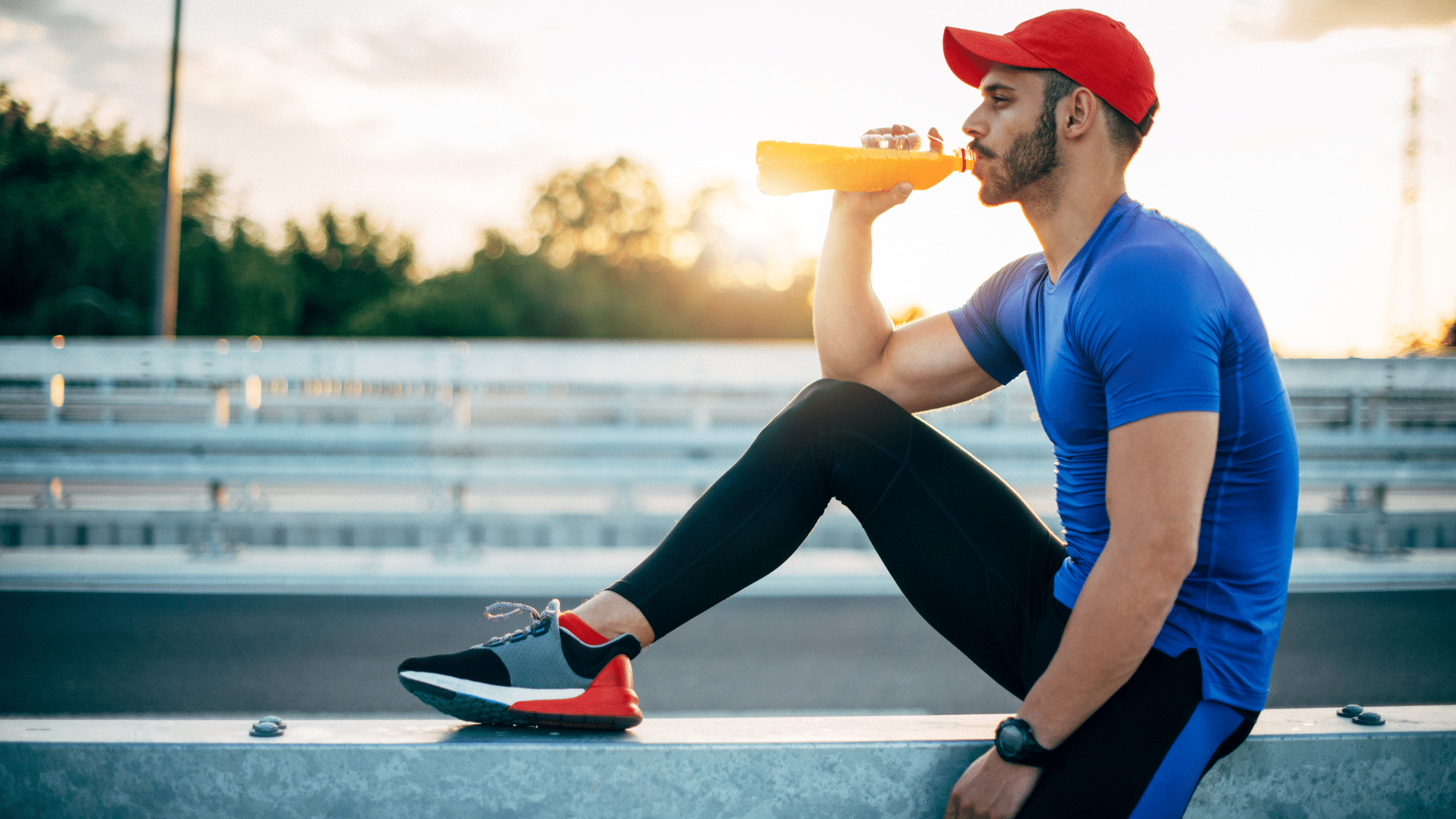
Energy/Sports drinks are beverages that contain some sort of physical or mental stimulant.
The most common stimulant used is caffeine however there are a host of others such as ginseng.
You are probably familiar with some common energy drinks:
- 5 Hour Energy
- Red Bull
- Monster
However even soda pops can be classified as an energy drink with the high levels of caffeine that it contains.
As a runner it is important to look at the ingredients and make sure that you choose an energy drink that meets your running and fuel needs.
What about caffeine?
It has been proven that caffeine does not greatly enhance performance in distance runners if at all.
Not only that but caffeine is a diuretic which pulls water from the cells and causes us to become even more dehydrated.
Needless to say, as a runner our focus should be elsewhere.
So what exactly are we looking for?
First let's answer the big question.
Are They Important for Me as a Runner?
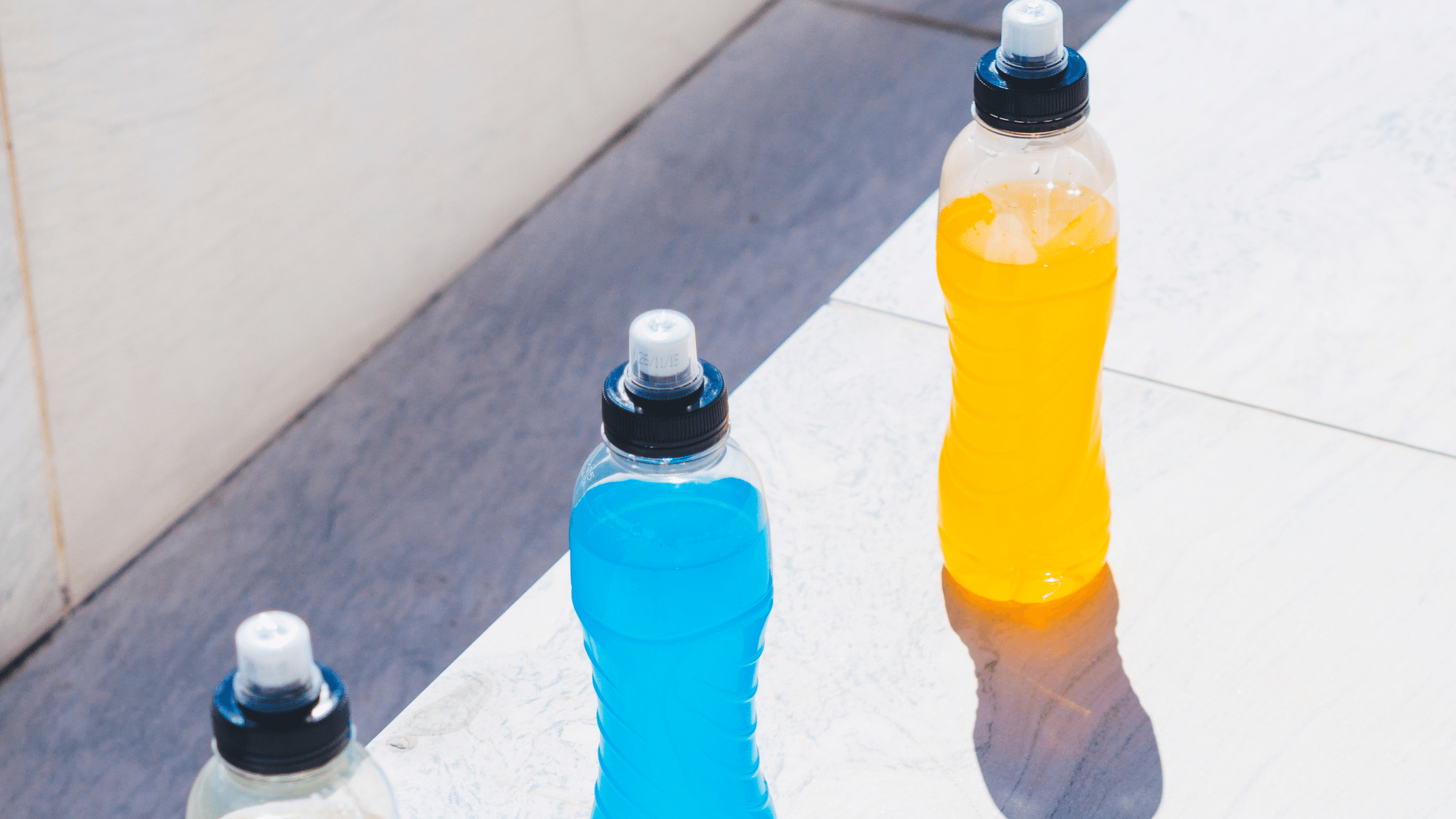
As a marathon runner the answer is undoubtedly, yes.
In fact in any endurance sport there is almost always a need for some sort of supplemental energy drink.
During a marathon you are losing a lot of fluid and not only that but you are offsetting your sodium balance through sweating.
If you stick to drinking only large amounts of water during the race you put yourself at risk of developing a condition known as hyponatremia (a.k.a. water intoxication.
What is hyponatremia?
Hyponatremia is a dangerous situation, due to loss of sodium and excess water intake.
This causes an imbalanced blood-brain barrier which leads to water entering the brain and causing swelling and a host of symptoms from mild:
- headache
- dizziness
- nausea
To more severe:
- seizure
- coma
- cardiac arrest
- and even death
One way that hyponatremia can be avoided is by using energy drinks that contain electrolytes (sodium and potassium).
As we sweat we lose these electrolytes and it is important to replace them especially in long duration exercise and races (over an hour in length).

Another important use for sports drinks is to replace depleted glycogen stores.
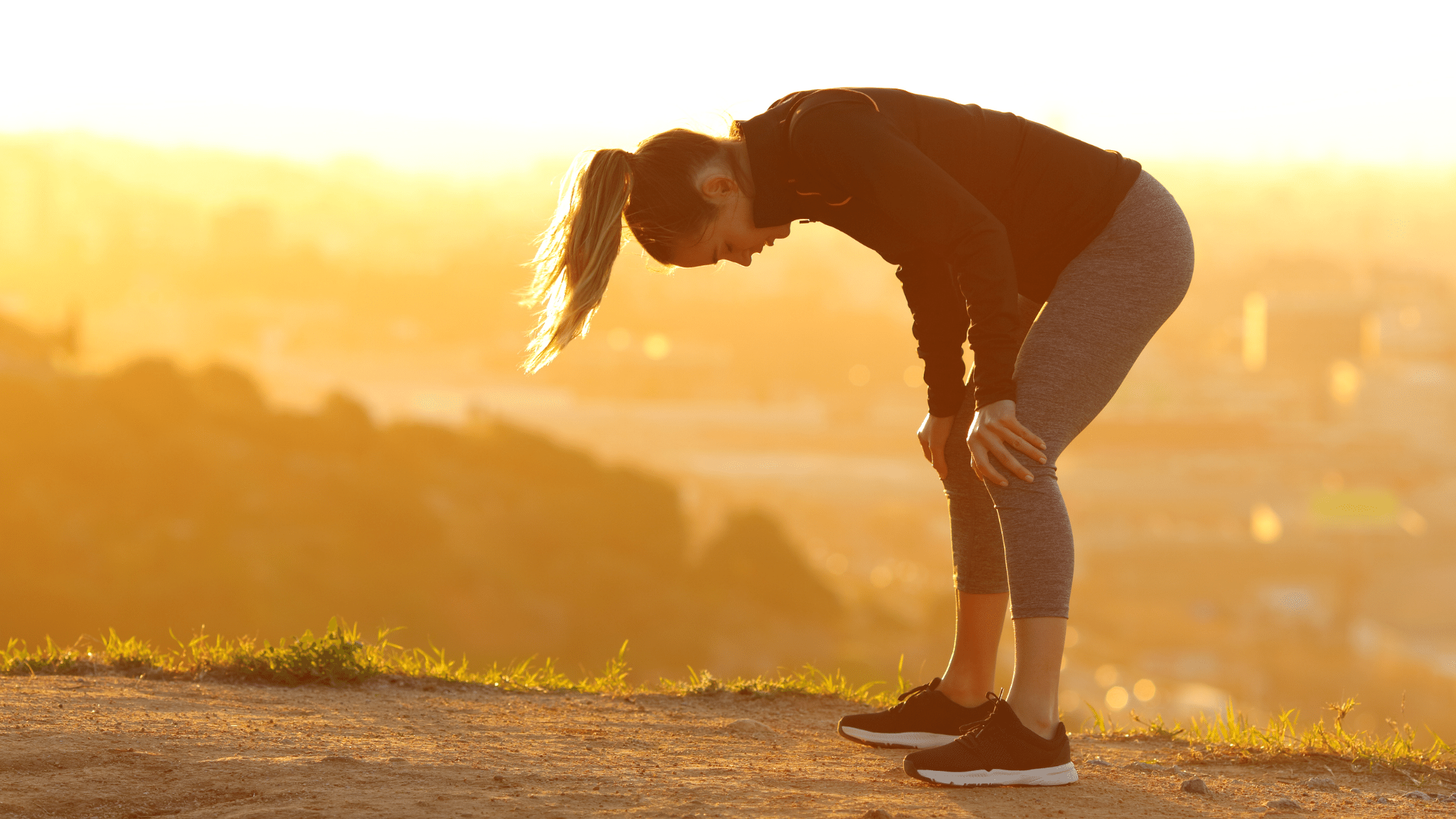
Glycogen is a polysaccharide (simple terms: a sugar) which is obtained from carbohydrates and stored in the muscles.
It is the fuel that is being used to allow us to run long distances.
If this is not replenished then muscle fatigue sets in and we are no longer to go the distance.
Runner’s often refer to this as “crashing” or “hitting the wall”.
It's as simple as a car needing gas. If there is no gas there isn't going to be any movement.
But that's what the EAT LIKE A MARATHONER kit's 9 Step Personalized Marathon Nutrition Prep Plan is for:
Calculating how much glycogen you can store, what mile you will crash if you don't refuel, and how much energy drink YOUR body needs to avoid crashing during a marathon.

How Often Should Energy Drinks be Used?
Should i use an energy drink in runs less than an hour?
In exercise that is less than an hour in length, water is sufficient to meet your fuel needs.
Of course you still will be losing glycogen and electrolytes but since you aren't continuing to exercise past an hour you don't need to refuel DURING your run though you will need to refuel by either food (best choice) or drink after exercise in order to aid in recovery.
should i use energy drinks during long runs?
When completing your training long runs and races, especially the marathon and the half marathon, you should be refueling with an carbohydrate-electrolyte filled energy drink from the beginning.
This will allow you to metabolize the fuel (carbohydrates) to be used later in your run.
If you experience a "crash", as many runners do during long runs, it is probably because of insufficient fuel sources and depletion of glycogen.
This is why it is important to hydrate early on in races and long distance runs so that you will have the fuel reserves when needed.
how much energy drink do you need during your runs?
here are the general guidelines for distance runners:
Drink about 20-40 fluid ounces of sports drink every hour (about 8 fl. oz. every 15 minutes).
An easy way to make sure you are getting the correct amount is to make marks on your hydration bottle.
In terms of carbohydrates though, you will want to ensure that you are consuming between 30 and 60 grams of carbohydrates for every hour that you run. This can be in the form of energy drinks, energy chews or energy gels.
If you need a way to carry your hydration with you on a long run here's a guide/list of the best running hydration belts for marathoners!
What to Look for in an Energy Drink

1. Carbohydrates
A lot of people look at carbohydrates as evil.
They are absolutely necessary though for runners!
We get very little fuel from the breakdown of proteins.
In long duration exercise we will use fats as a fuel source but our main source of energy is and always will be carbohydrates.
Try to run a half marathon on a high protein and low fat diet…you won’t get far especially if you want to run faster paces.
That being said you need to make sure that your energy drink contains a substantial amount of carbs.
P.S. Here is a list of some great carbohydrate filled foods for runners.
2. Look at the carbohydrate concentration:
Your energy drink of choice should contain anywhere from 4-8% carbohydrate.
This will allow for adequate absorption of carbs and water.
(Remember you will want to consume between 30 and 60 grams of carbohydrates for every hour that you are running.)
how can you measure this by looking at the enegy drink bottle?
1. First, take the carbohydrate content in grams and divide it by the total fluid volume in milliliters.
2. Then multiply that number by 100.
So for example, a 1000 mL drink that contains 60 grams of carbohydrates will give you a 6% carbohydrate solution.
60g/1000mL = 0.06
0.06*100 = 6.0%
Depending on the weather, the 4-8% recommendation will change.
In hot and humid temperatures keep the carbohydrate solution to around 5% so as not to become dehydrated.
In colder temperatures you can drink a more heavily concentrated solution of around 15% carbohydrates.
3. it should have a combination of fructose and sucrose carbohydrates
You will need to check the nutrition label, to see if these carbohydrates are contained in the drink.
The combination of these two types of carbohydrates, fructose and sucrose, help to keep you hydrated through water and help to absorb carbohydrates faster for fuel.
4. IT should contain electrolytes
Again, you will need to look at the nutrition label on the drink in order to see if it contains electrolytes.
The 4 main electrolytes that you should be looking for are:
- sodium
- potassium
- magnesium
- calcium
What's Right for You?
I realize that switching up your training/fuel/nutrition plan can be a hard thing to do for some runners with strong habits.
It will take time to adjust to a new hydration schedule if you aren't already following the proper guidelines.
Not only that but finding an energy drink that agrees with you can also pose a problem.
Stick to these points and you will be off to a good start:
- Does it taste good?
- Does it cause little or no stomach distress?
- Does it contain the right amount of carbohydrate solution (4-8%)?
- Does it allow for electrolyte replacement?
If you answer yes to all of these, then you may have found the right one for you.
If you are having trouble with finding a great energy drink that you love you could also look into energy chews and gels for marathon runners.
Alright, let's talk about some of the best energy drinks out there for marathoners!
Some Energy Drinks recommendations that Meet the Requirements for a Long Distance Runner
1. Gatorade Thirst Quenchers.

The most notable (and probably widely used) energy drink is the Gatorade Thirst Quenchers.
They contain both sucrose and glucose and have a carbohydrate solution of 6%.
It also has good levels of electrolytes (sodium and potassium).
You can get the correct dosages in either the powder packages or the 20 fl. oz. liquid bottles (like this one).
The smaller individual size bottles (~16oz.) actually do not contain an accurate carbohydrate concentration for runners and also sometimes contain high fructose corn syrup so stay away from them and stick with the first two options.
Carb Count: 22 grams of carbohydrates per serving.
Gatorade recommends adding 3 scoops to 24 ounces of water for a total of 66 grams of carbohydrates for every hour you are running.
2. Generation UCAN

Meb Keflezighi uses Generation UCAN as his form of energy.
He gave credit to this energy drink after his Boston Marathon win in the Spring of 2014.
Generation UCAN is composed of SuperStarch which is a complex carbohydrate made of non-GMO corn that breaks down in the body slowly releasing a steady stream of energy.
Carb Count: 21 grams of carbohydrates per serving.
Generation UCAN recommends adding one scoop (21 grams of carbs) to 8-12 ounces of water. Therefore, to hit the recommended 24 ounces of energy per every hour of running you would want to add 2 scoops of Generation UCAN to 24 ounces of water for a total of 42 grams of carbohydrates per hour of running.
3. Tailwind

Tailwind is an awesome energy powder with these great benefits:
- has all natural ingredients
- organic flavors
- is non-GMO
- gluten free
- vegan friendly
- no soy or dairy
- no artificial colors, flavors or preservatives!
A great option for any marathoner but especially if you find that energy drinks/powders give you digestive problems.
Carb Count: 25 grams of carbohydrates per serving.
Tailwind recommends adding 2-3 scoops of the energy powder to 24 ounces of water. 24 ounces of this energy drink should be taken every hour of your long run which would give you between 50 and 75 carbohydrates per hour.
4. Other popular options:
The PowerBar Perform drinks are also a good choice with a slightly higher carb concentration of 7%. They have electrolytes for replenishing and do contain fructose.
Quickkick combines fructose and sucrose (the best blend) but has only about 5% carbohydrate solution. Still a great choice.

The GU Roctane powder is also an excellent blend with carbs of fructose, electrolyte replacement, and no high fructose corn syrup.
Carb Count of GU Roctane: 30 grams of carbohydrates per scoop (half a serving).
They recommend mixing 2 scoops of the GU Roctane powder (60 grams of carbohydrates) with 21 ounces of water for every hour that you run.
Another good choice is the 10-K Brand Sports Drink which contains roughly 6% carbohydrate solution, adequate electrolytes and glucose, fructose and sucrose.
Which ones to avoid?
Some that you will want to ignore are:
- the PowerAdes which have 8% carbohydrate solution but uses high fructose corn syrup as the main carb fuel source.
- Sodas (dark and light)
- All-Sports brand drinks should also be avoided as well for better options
Note:
Also, it should be noted that you shouldn't cut water from your long runs and focus solely on glycogen replacement.
Keep the water and drink it with or in between refueling with the carb drink.
Both are just as important in runs of long duration!
Related: The Best Energy Chews for Marathoners!
Here's that free energy drinks cheat sheet again!

Related Pages:
👋Sign up to receive the free printable strength exercises for runners: 👇
 |
As featured on:

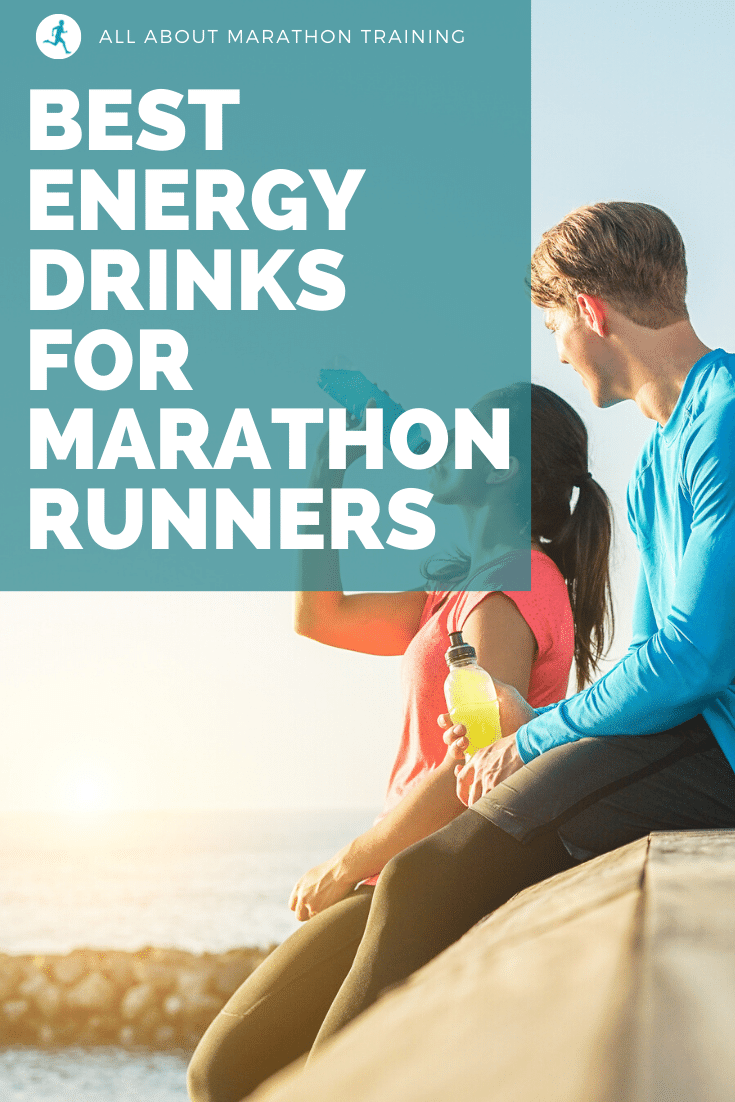
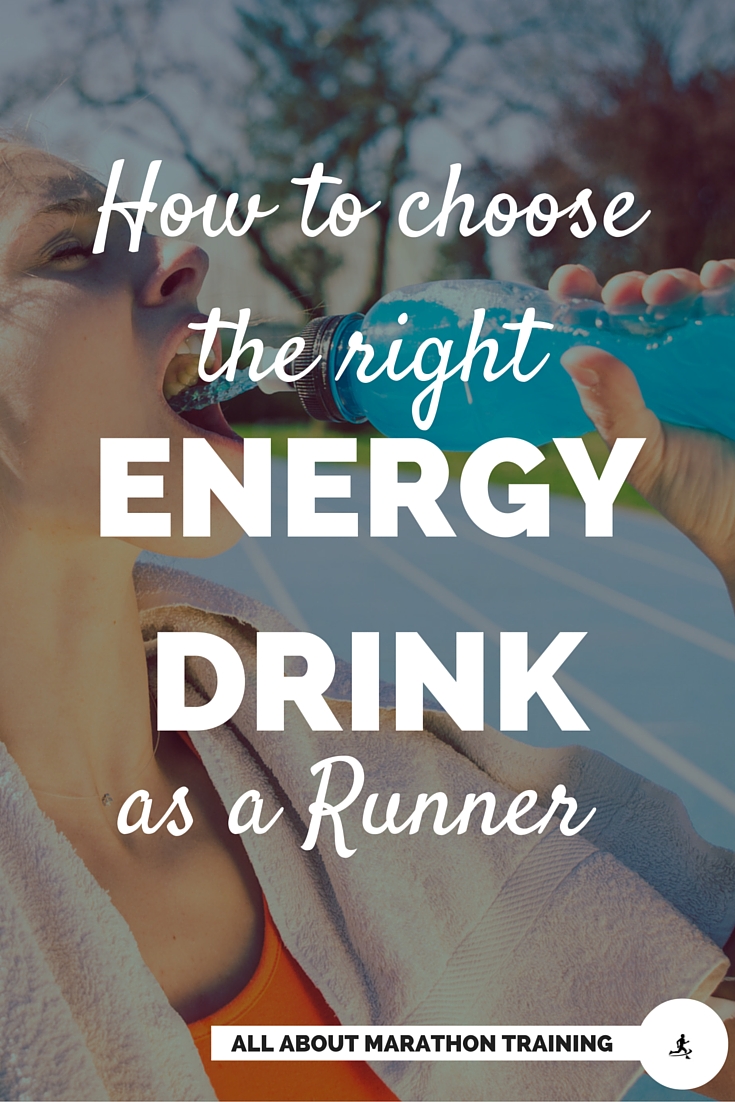
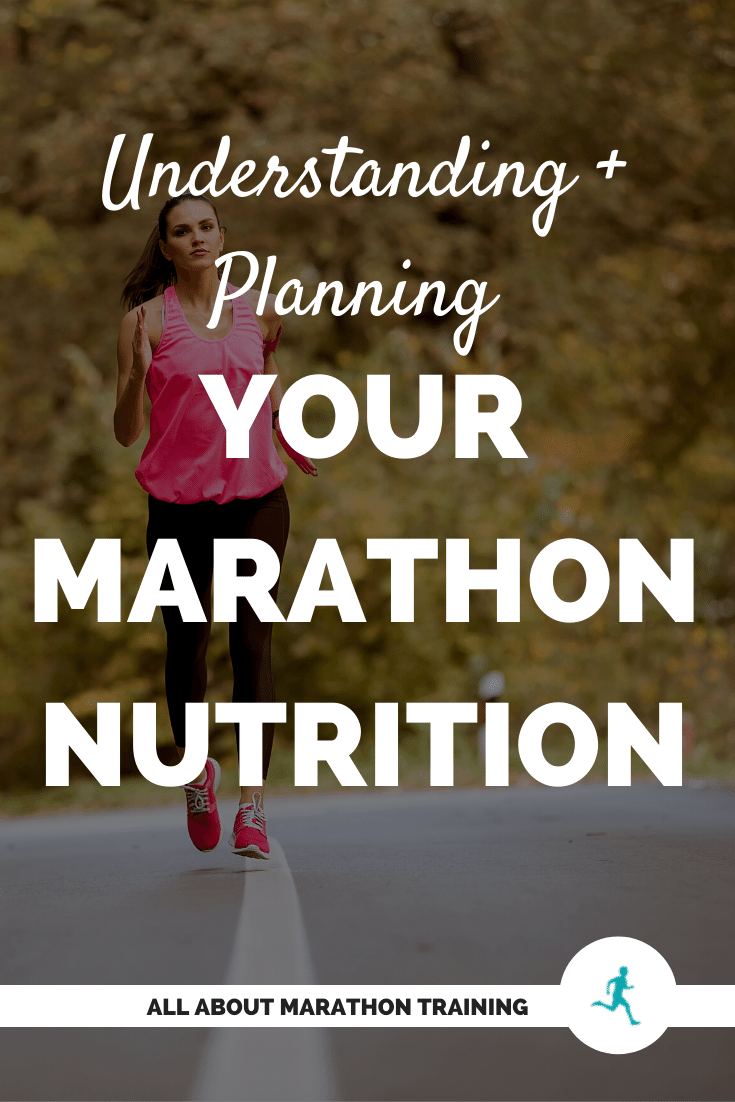
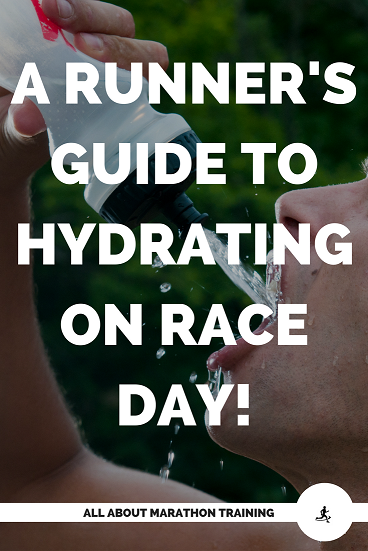
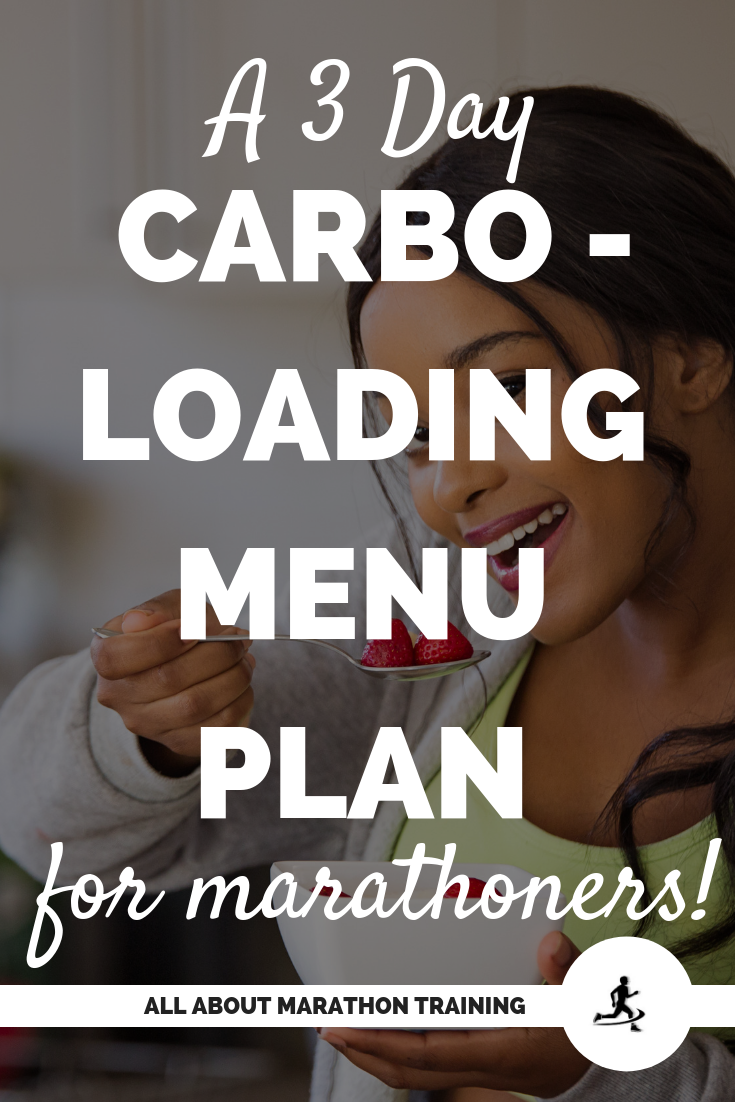
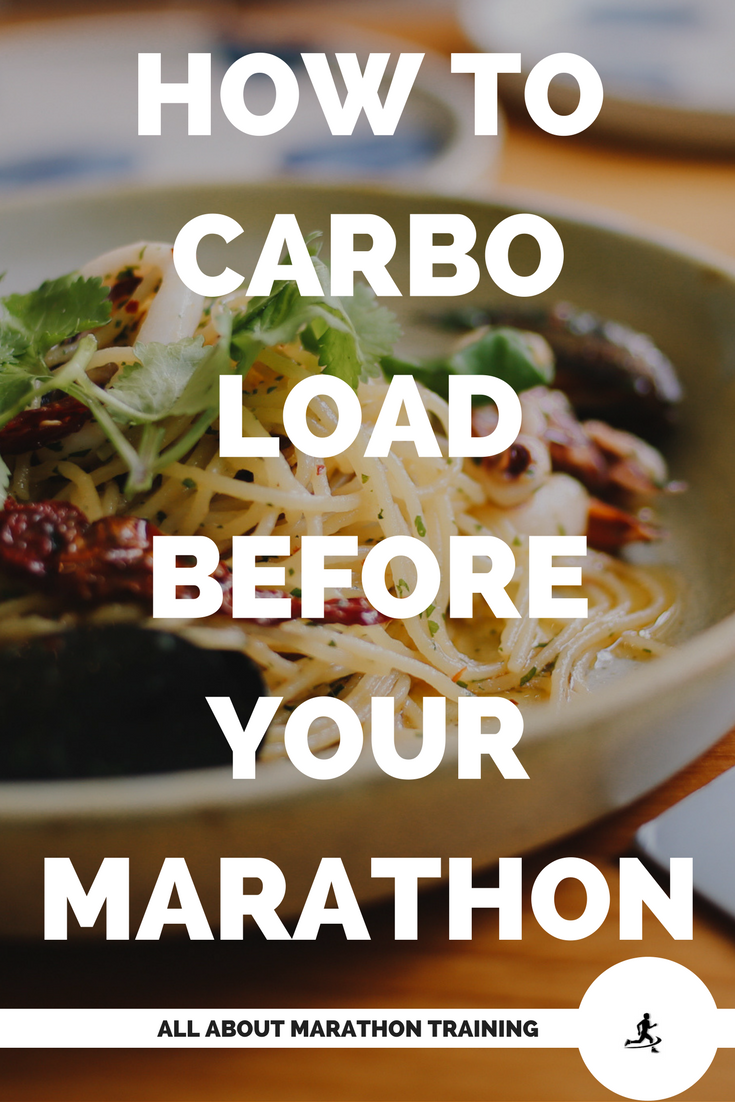

New! Comments
Have your say about what you just read! Leave me a comment in the box below.